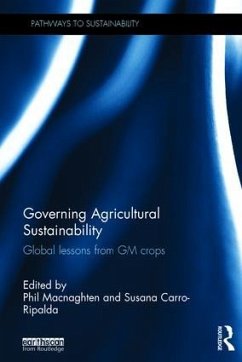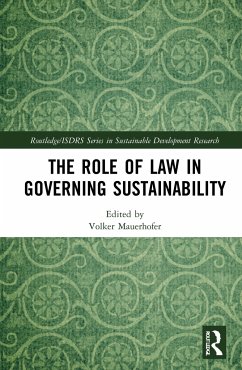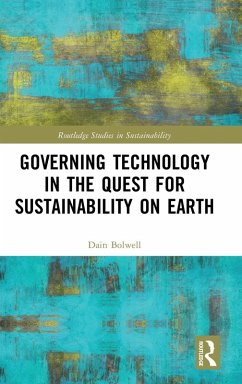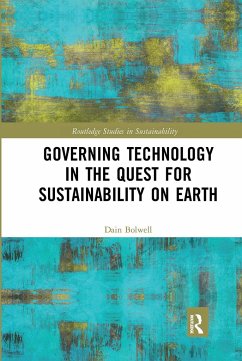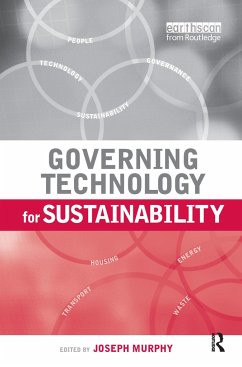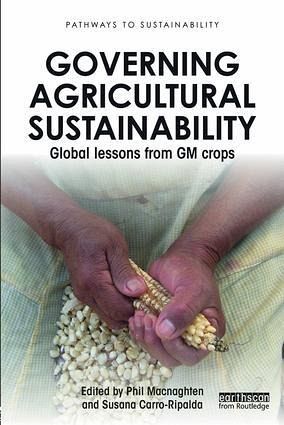
Governing Agricultural Sustainability
Global lessons from GM crops
Herausgeber: Macnaghten, Phil; Carro-Ripalda, Susana
Versandkostenfrei!
Versandfertig in 1-2 Wochen
40,99 €
inkl. MwSt.

PAYBACK Punkte
20 °P sammeln!
Although GM crops are seen by their advocates as a key component of the future of world agriculture and as part of the solution for world poverty and hunger, their uptake has not been smooth nor universal: they have been marred by controversy and all too commonly their regulation has been challenged as inadequate, even biased. This book aims to understand these dynamics, examining the impacts of GM crops in diverse contexts and their potentials to contribute to sustainable agricultural futures. Part 1 draws on research from three global 'rising powers' - Brazil, India and Mexico - exploring th...
Although GM crops are seen by their advocates as a key component of the future of world agriculture and as part of the solution for world poverty and hunger, their uptake has not been smooth nor universal: they have been marred by controversy and all too commonly their regulation has been challenged as inadequate, even biased. This book aims to understand these dynamics, examining the impacts of GM crops in diverse contexts and their potentials to contribute to sustainable agricultural futures. Part 1 draws on research from three global 'rising powers' - Brazil, India and Mexico - exploring the views of scientists, farmers and publics. Using a diverse array of ethnographic and qualitative methodologies, the book examines the dynamics that have underpinned the controversy in three diverse geo-political contexts, the manner in which dominant institutional framings have been closely aligned with the interests of powerful elites, and the multiple ways in which these have been resisted through local, symbolic and material practices. Part 2 comprises a series of short comment pieces from 11 leading social and natural scientists responding to the question of how to develop a policy framework for the responsible innovation of sustainable, culturally appropriate and socially just agricultural GM technologies. This innovative book offers new insights for researchers and postgraduates in Science and technology studies, Agro-ecology and Environmental Studies, Development studies, Anthropology, Human Geography, Sociology, Political Science, Public Administration, Latin American studies, and Asian studies.





